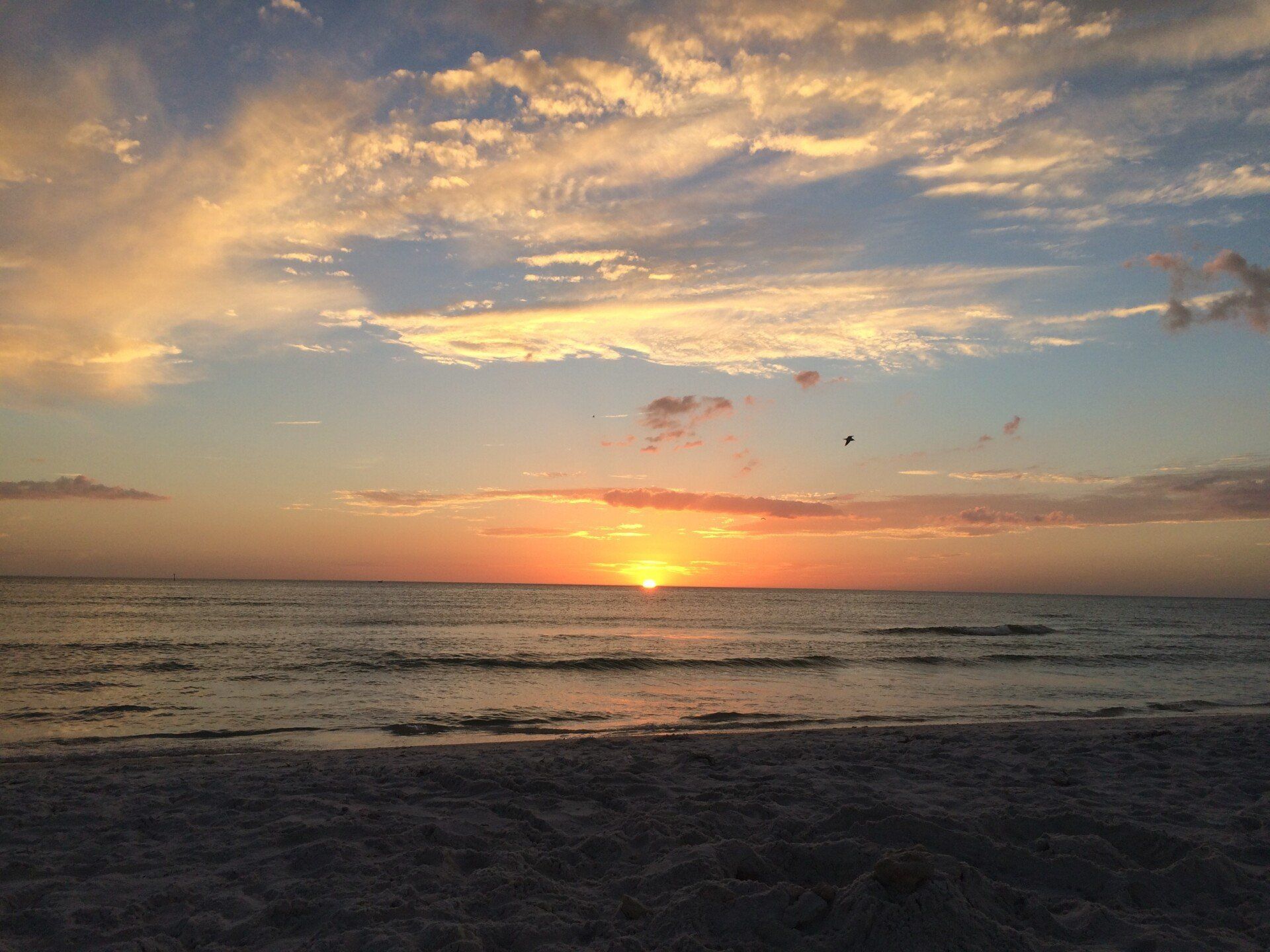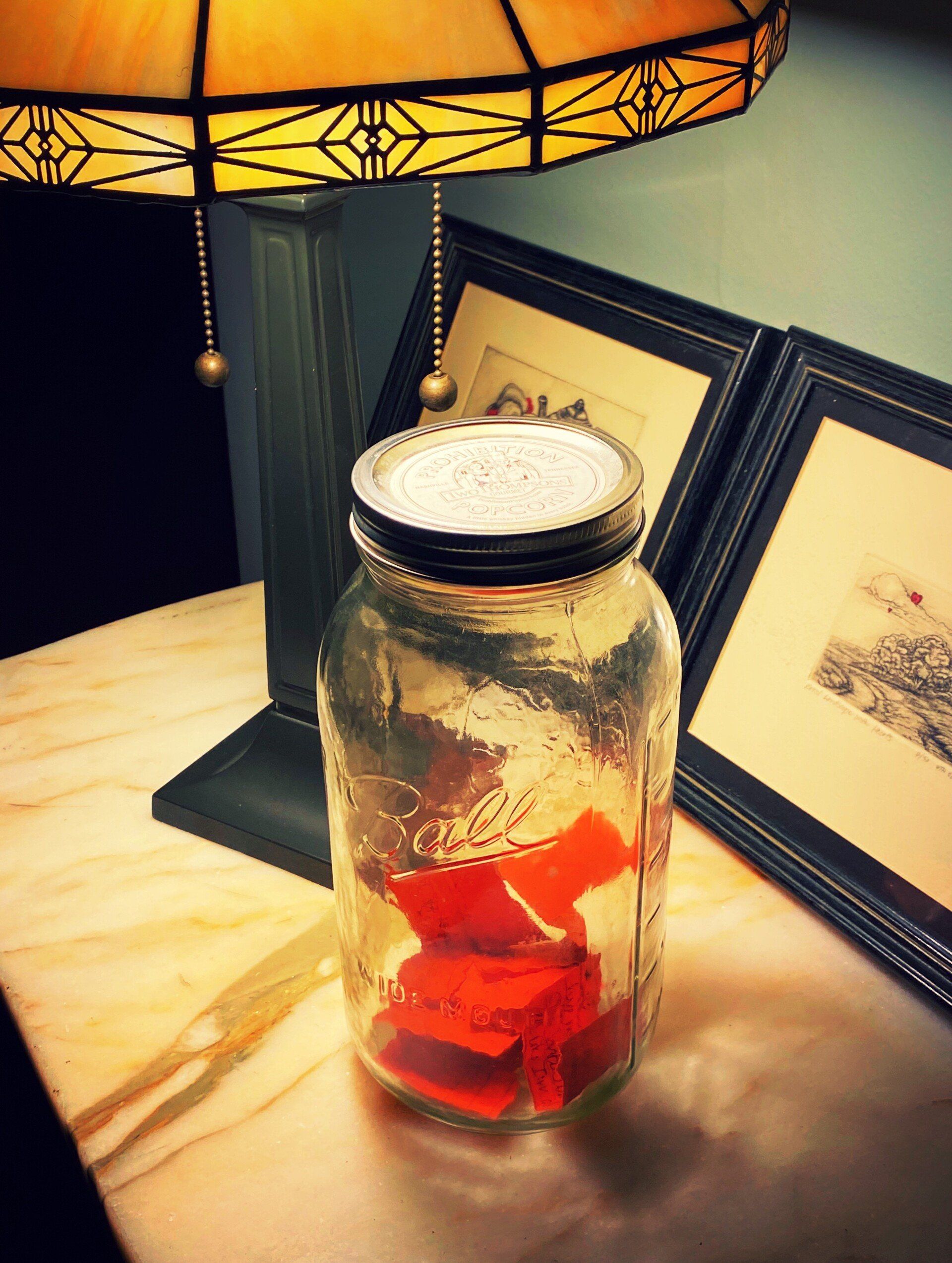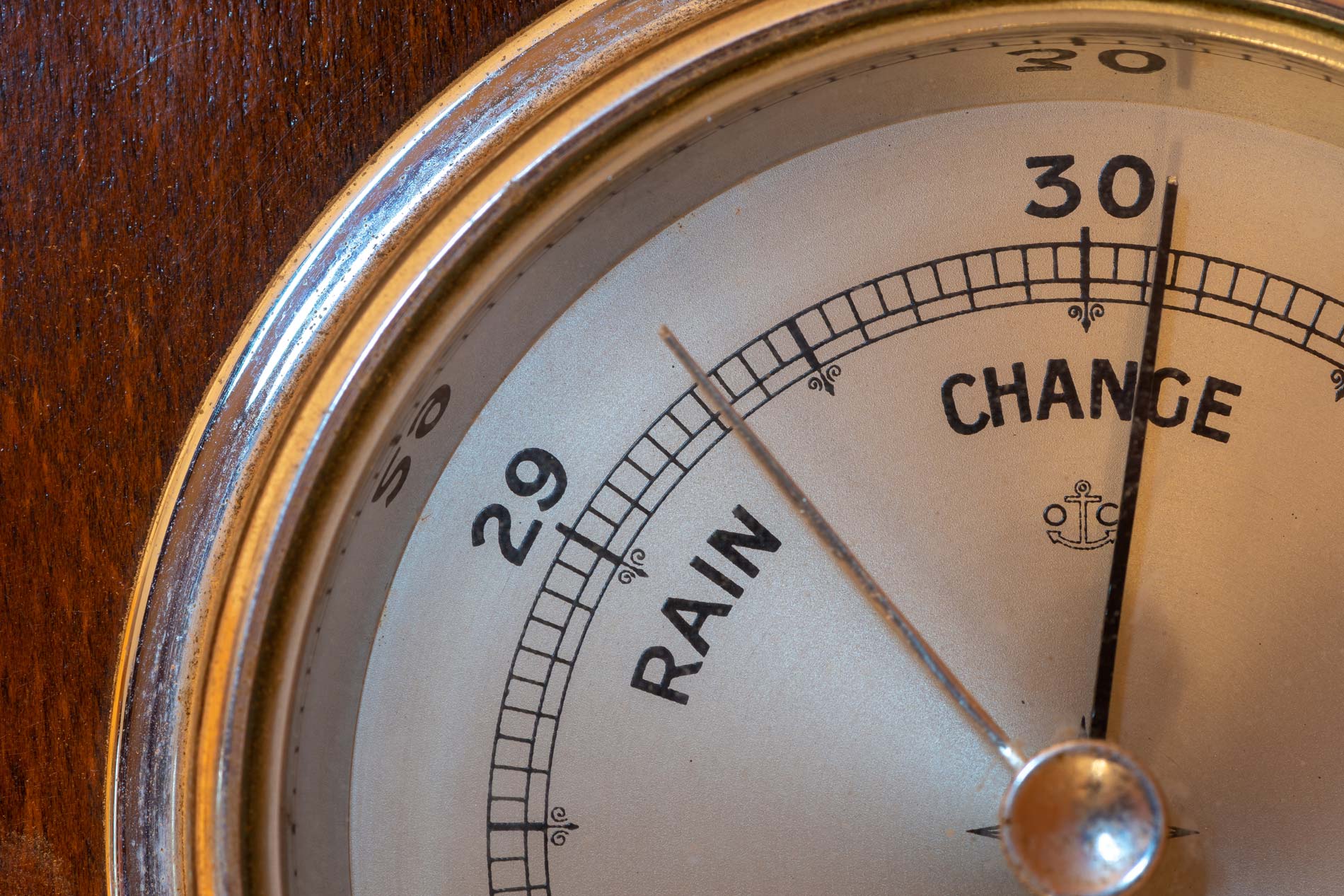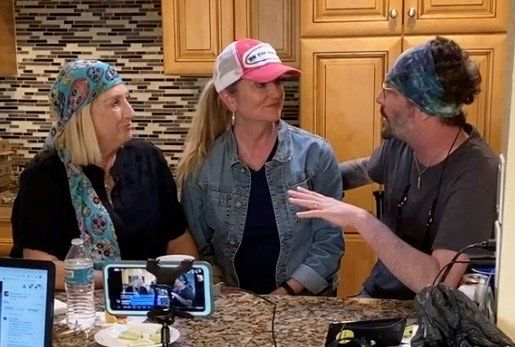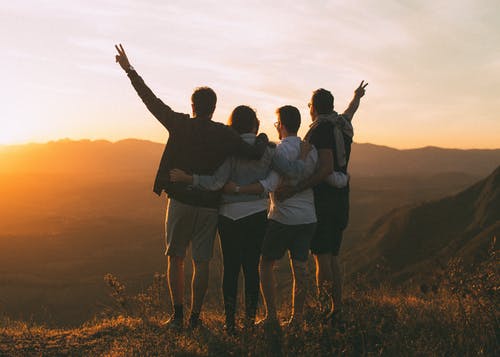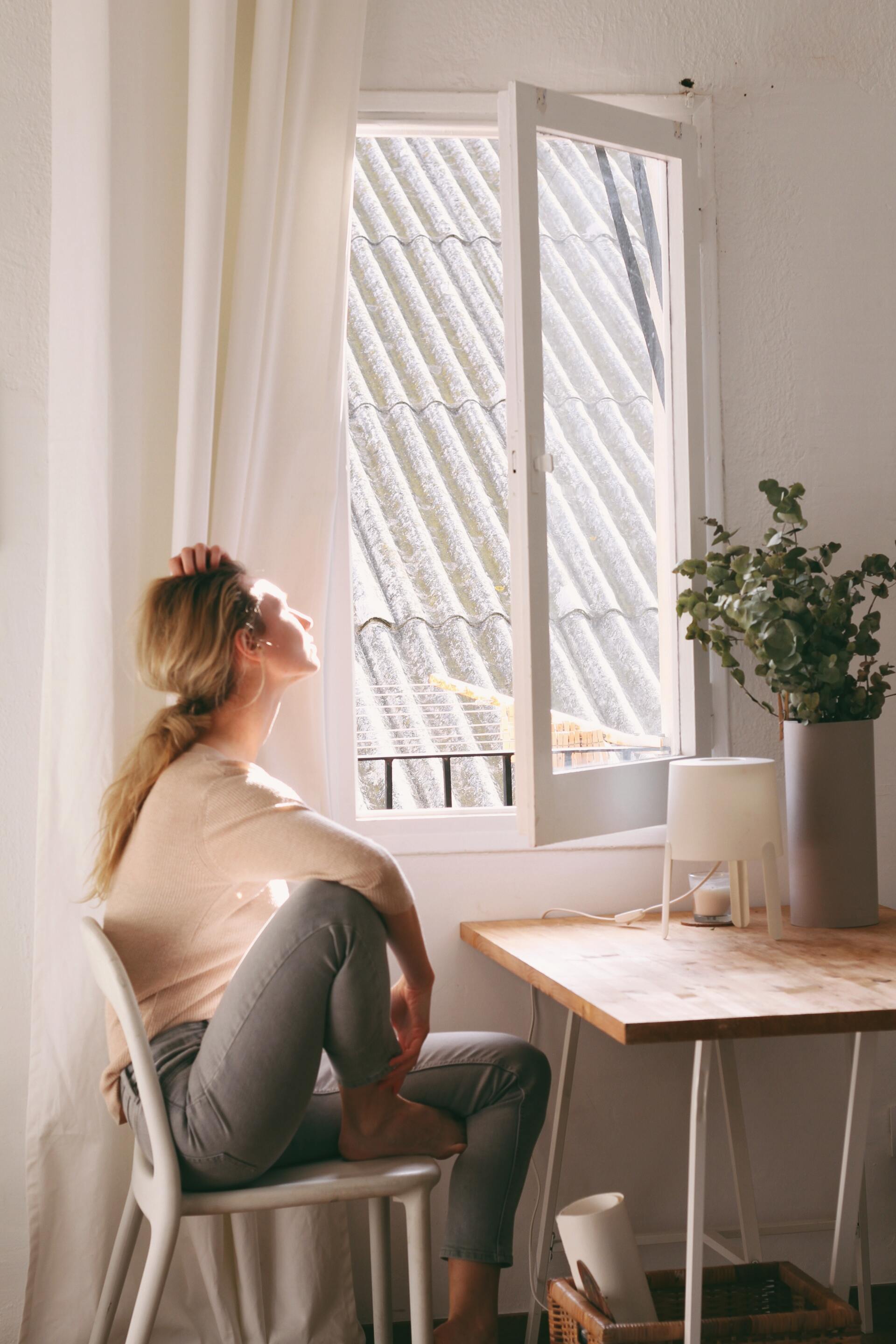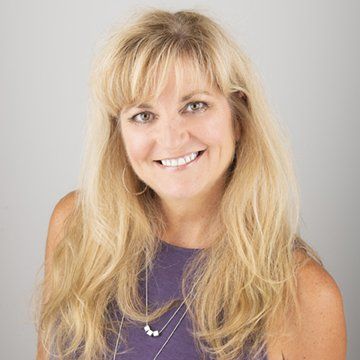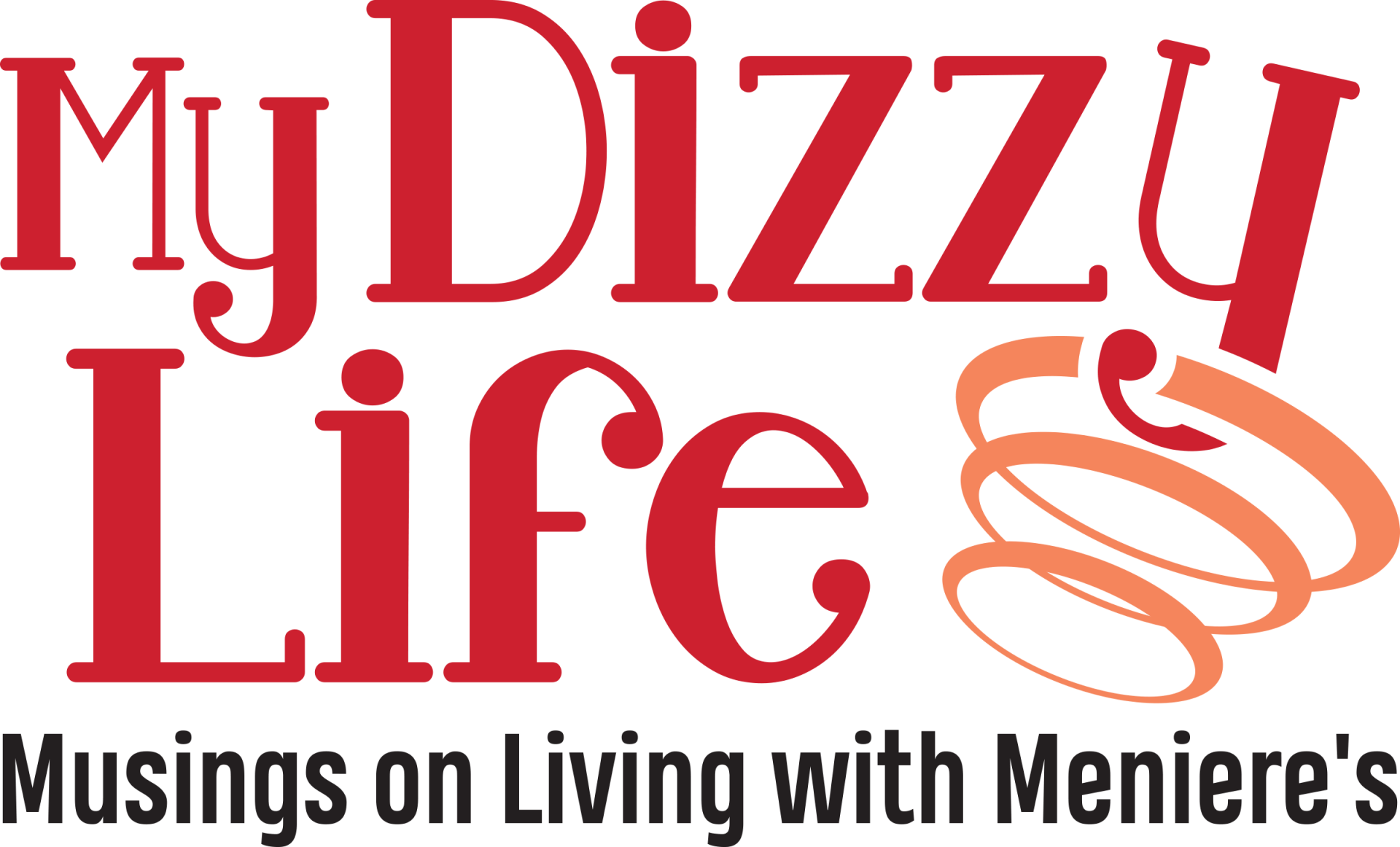
Connection
Connection. We all crave it, don’t we, at some primal level? Love and belonging are the third level of Maslow’s Hierarchy of Needs, preceeded only by physiological and safety needs.
We have our family of origin, friends, extended family, classmates, coworkers, spouses, and partners. Who do you connect to and with? If you’re fortunate, you have loving companionship, support, and encouragement around you on the regular, and especially if you’re living with a vestibular disorder.
Here’s the thing…does anyone really get it? Do they really understand what an attack of vertigo is like? Do they really get your ears, to some degree or all the time, feel like you’re on a plane? That you may feel a little like you’re walking around on a floating pontoon, all day, every day? So, what are we to do?
Early in my diagnosis, I found online support groups. Honestly, I’m not even sure how I stumbled upon the ones I’m in. I live in an area where there are no “in person” groups. (Yet. Give me a minute!) The online connection to other Meniere’s warriors was a God send. Sometimes scary, I’ll admit it. However, I found compassionate, understanding, knowledgeable warriors from all walks of life, from all over the world. I learned a lot.
That’s when I realized, for the first time, how we are all different. What works for some, what some experience, is definitely not the same for another. And that’s okay. Join in and ask questions, share your experience. Participants in these groups are more than happy to share. Take what works for you personally and leave the rest.
The most incredible connection of all is when you’re able to meet other warriors, face to face. I was so blessed to be able to attend the On the Vertigo golf tournament in April in Port Charlotte, Florida. The event was hosted by Steve Schweir, co-author of On The Vertigo: One Sick Man’s Journey to Make a Difference (www.amazon.com/VertiGO-Sick-Mans-Journey-Difference-ebook/dp/B093DSKD9J) and the rest of the On The Vertigo team. And yes, I originally found his book, and Steve himself, in an online group.
The moment you meet and connect with someone else who shares your spinning journey is profound. To know that they really get it, share it, live it. It was a very emotional, uplifting and personally validating experience. I not only met Steve, his brothers Dave and Brian, I also met 4 other people that day who share this dizzy life. The experience of swapping stories, being able to sympathize, empathize, and laugh with others about our crazy experiences/predicaments felt like we were in a secret club! It was, for me, comforting, fun and we all ran the full gamut of emotion. I will not forget the time spent with Steve, Adrienne, Mark, Anna and Angela. Connection.
If you’re new to this whole Meniere’s thing, if you’re feeling scared, confused, lonely, isolated…you’re not alone. A terrific resource is the Vestibular Disorder Association, or VeDA for short, at www.vestibular.org. You can search for support groups in your area. If you’re like me, and there aren’t any near you, find an online group and join in. There are several on Facebook, including Vestibular Disorders Support Group, Meniere’s Disease Support Group, Meniere’s Worldwide, Meniere’s Support Awareness Group and many more. You’ll have 100’s, even 1000’s, of people only a click away when you’re feeling low or experiencing a new symptom. These groups are a great place to share a new discovery, a personal victory, or ask a question.
Connection. We all crave it in our lives. Whether we’re volunteering, in a book club, a golf league, or sharing a video on Instagram. As we live with Meniere’s, we all need to find connections with others sharing this path…to build each other up, to give and receive understanding, support, and to experience meaning and growth in our new normal.
Wishing you balance and connection,
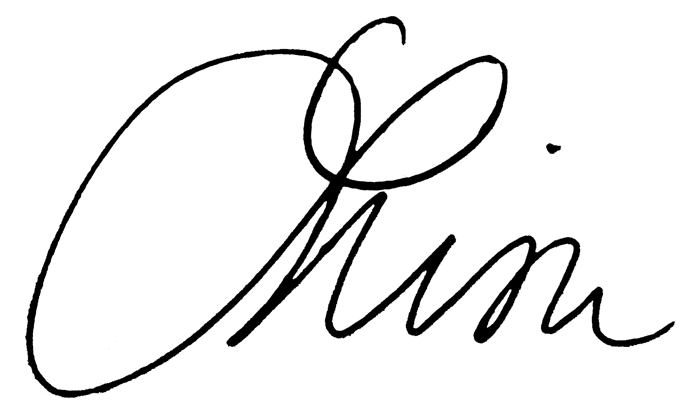
My Dizzy Life
